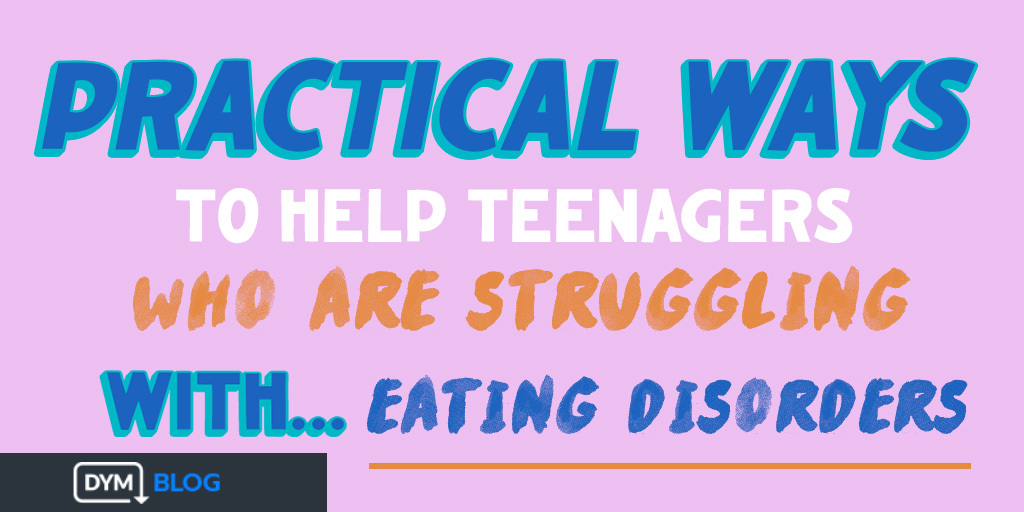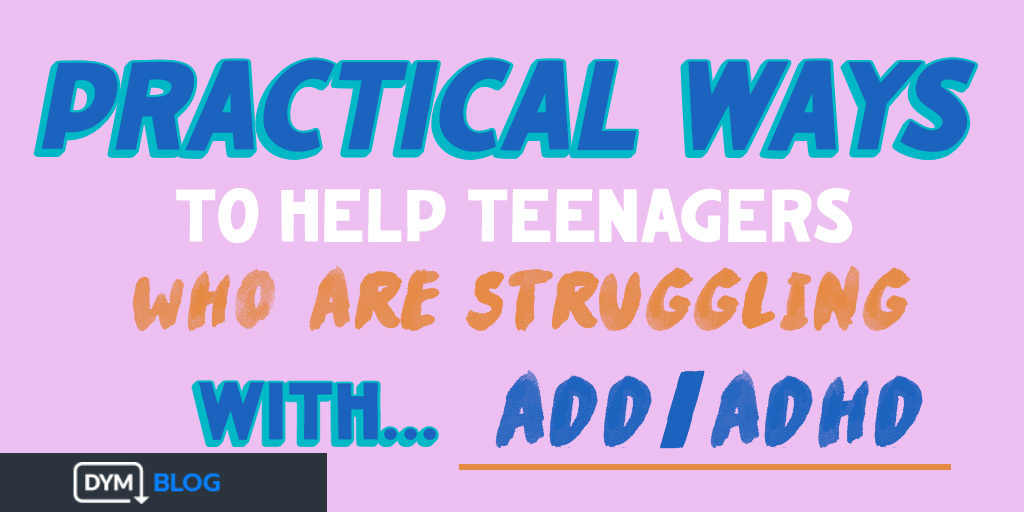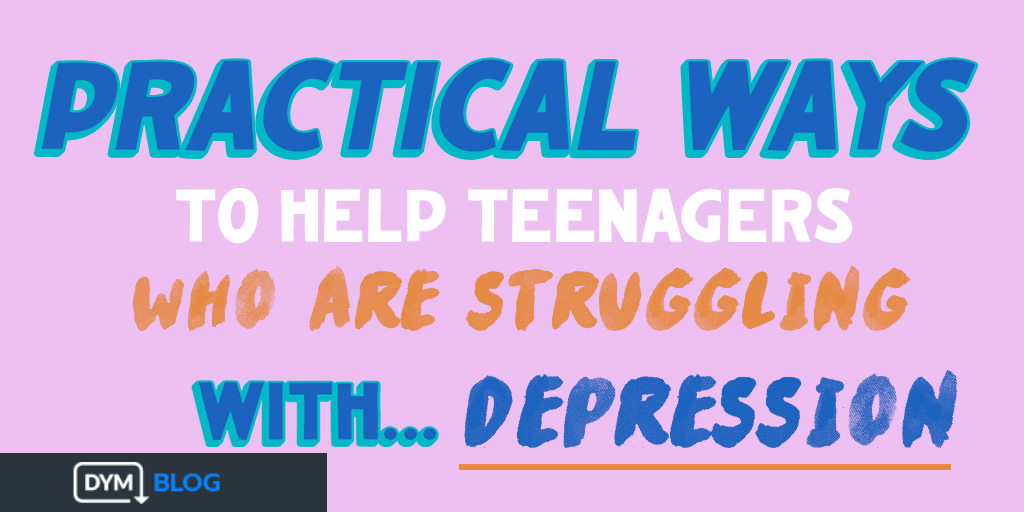Youth Workers and Mental Health
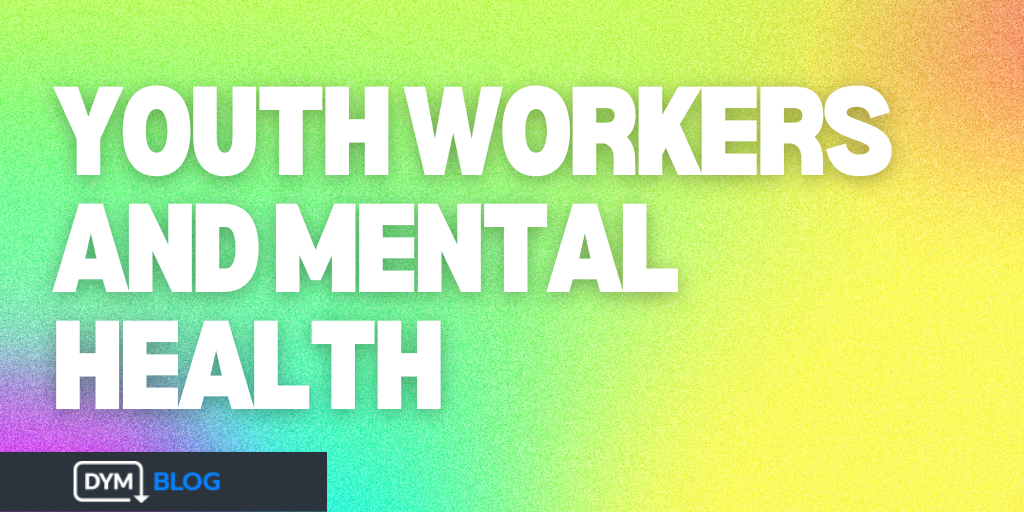
I have learned to minister well to students and leaders struggling with mental health issues. I am patient, empathetic, a strong proponent of getting diagnosed, seeking counseling, and finding if medication is needed, and if I try really hard, I can even just listen without offering suggestions. I’ve learned a lot in my years in ministry about how to care for others, whether through learning to care for my wife Sarah, through learning how to care for students (usually by asking Sarah), or even through pursuing a degree in psychology and counseling. Because I have put in the effort, I’m fairly good at taking care of other people. However, I’m not good at taking care of myself.
A couple years ago, I was in a turbulent season. I was living in a place of unresolved conflict, though I tried my best to get it resolved. I just couldn’t make others come to the table to resolve it. I lost a lot of sleep. I would often go to bed with heart attack-like pains in my chest that would keep me awake thinking about the conflict and what would come of it. I spoke to my boss at the time, who is a good friend. He told me that wasn’t normal. He thought maybe there was something more going on inside of me, that maybe I should check into whether or not I had anxiety. “I’m just a worrier,” I countered. No big deal. No need to seek help or get treated. I guess I give advice better than I take it.
Fast forward to the end of February of this year. I had a full-blown panic attack while driving, because another driver hit me on the highway in a snowstorm and didn’t stop. I started to worry that I was having a heart attack. Thankfully, I wasn’t. But I was having another panic attack, the first in a while. Reluctantly, I finally went to the doctor to talk about this, because having one while driving and feeling the way I did freaked me out. Guess what. I have generalized anxiety, which surprised absolutely no one that knows me well. If I had taken the advice I’d been giving out, I could have been diagnosed and treated years ago. But I didn’t. I focused on taking care of others and minimized my own experiences and struggles. Why worry about it when I could just worry about everyone and absolutely everything else? Plus, I figured I didn’t have anything, because it didn’t manifest in the same way or as often as most other people I knew with anxiety.
I’m a few months into knowing that I have anxiety and getting treated for it. You know what I’ve found? My advice is actually pretty good. Seeing a doctor, seeing a counselor, taking medicine — they’re as good for me as they have been for the people I’ve ministered to over the years.
In ministry, I think it’s easy to bury your own burdens to focus on other people’s burdens. It feels selfless and altruistic. But when you don’t take care of yourself, you come to a point when you can’t take care of others the way you’d like. Of all the decisions I’ve made in the last year, going to get help and taking care of myself by letting someone else care for me might be the best one I’ve made.
 Jeff is the Campus Student Pastor at The Chapel in Libertyville, IL. He and his wife Sarah have been married since they were 19, a fun fact that students find more fun than parents. Together, they have two sons.
Jeff is the Campus Student Pastor at The Chapel in Libertyville, IL. He and his wife Sarah have been married since they were 19, a fun fact that students find more fun than parents. Together, they have two sons.
Need some more resources on youth workers, mental health, and taking care of yourself? Check out these resources from DYM!
In order to sustain ministry for the long-haul, youth workers need regular times of rest and spiritual renewal.
Youth workers are often tired, lonely, and struggling to survive their week-to-week responsibilities. This retreat will remind youth workers of their secure hope in Christ, inviting them to move away from fear-based habits and return to hope-based habits.
This guide to a half-day retreat is designed to help you reflect on your hopes and your fears as you do youth ministry. It’s designed to help you intentionally reflect on what you’re doing and why you’re doing it. It gives you a chance to write a new prayer, offering to God your biggest fears and hopes.
What burdens are you carrying?
Don’t underestimate what a day of rest can do for you and your soul. Take Jesus up on His invitation to rest.
This resource will help guide you through a time of solitude to find renewal – but not by turning on Netflix and taking a nap. This kind of rest will lead you to find time away from ministry, teenagers, family, and co-workers to be alone with the One who called you into your position.
In a season that has felt like anything but “normal,” full of uncertainty and change, anxiety and grief, Jesus’ invitation to you is the same as it was for His disciples after a full day of ministry: come with me by yourselves to a quiet place and get some rest. – Mark 6:31 (NIV)
How sweet is His invitation to be in His Presence and receive from Him! This prayer retreat has been prepared with love for you as a minister in this challenging season. You’ll be guided in how to prepare your mind, heart, and environment, what to anticipate, and how to journey into a time of thoughtful reflection, journaling, and prayer as you step away to meet with God.


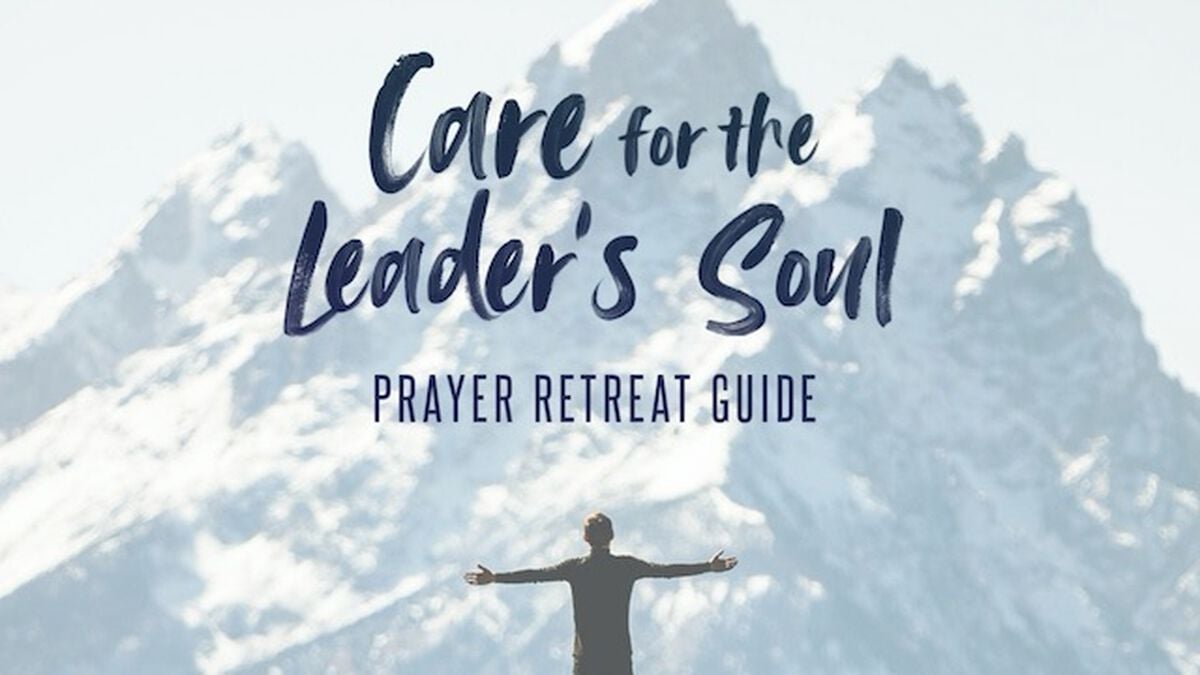
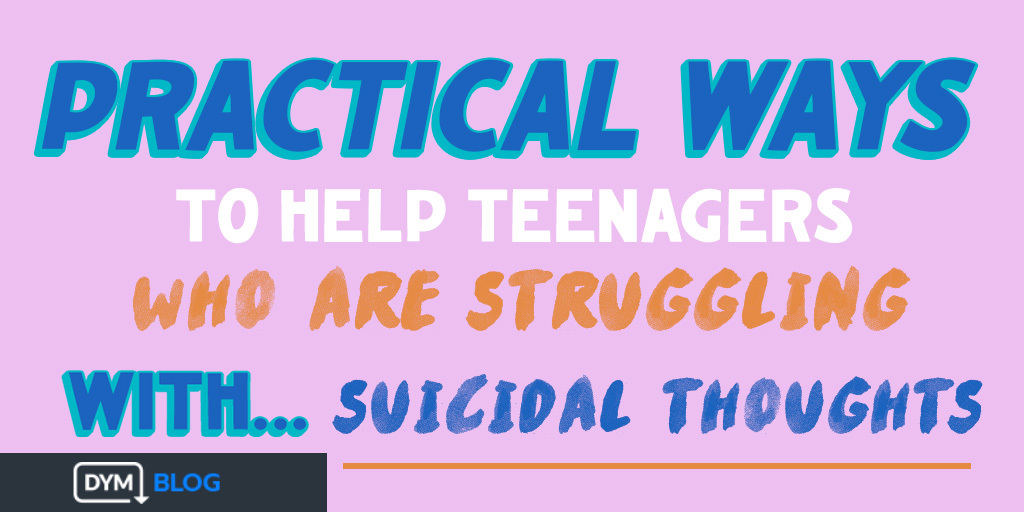
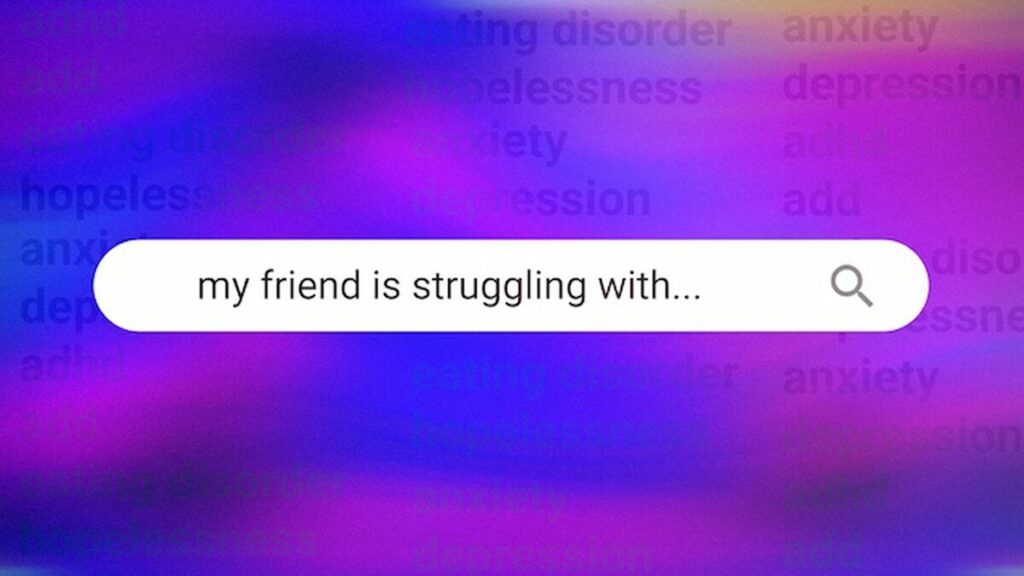
 Michelle lives in Idaho with her husband where they love to spend time outdoors, go on new adventures, and find the best chicken wings and coffee places. She also possess the ability to kill any plant that comes into their home. She also is the Co-Host of the Middle School Ministry Podcast.
Michelle lives in Idaho with her husband where they love to spend time outdoors, go on new adventures, and find the best chicken wings and coffee places. She also possess the ability to kill any plant that comes into their home. She also is the Co-Host of the Middle School Ministry Podcast. 